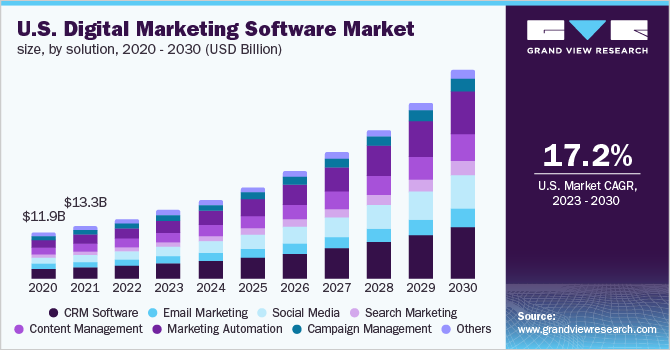
Securing the Digital Frontier: Trends in Data Privacy Digitalization
In an era dominated by digital interactions, the safeguarding of sensitive information has taken center stage. This article delves into the evolving landscape of data privacy digitalization, exploring the trends that shape the protection of personal and confidential data in the digital realm.
The Imperative of Data Privacy Digitalization
As the volume of digital transactions and interactions skyrockets, the imperative of data privacy has never been more pronounced. Data privacy digitalization refers to the incorporation of advanced technologies and strategies to ensure the confidentiality, integrity, and accessibility of data. It is a proactive response to the escalating challenges posed by cyber threats and evolving regulatory landscapes.
Blockchain Technology in Data Security
Blockchain technology has emerged as a robust player in enhancing data security and privacy. Its decentralized and immutable nature makes it resistant to tampering, providing a secure foundation for storing sensitive information. In data privacy digitalization, blockchain is increasingly leveraged to create transparent and incorruptible systems, particularly in industries dealing with financial transactions and personal records.
Advanced Encryption Protocols
Encryption stands as a formidable shield in the realm of data privacy. Digitalization trends emphasize the adoption of advanced encryption protocols to encode data, rendering it unreadable to unauthorized entities. This ensures that even if data is intercepted, it remains indecipherable without the corresponding decryption key. The evolving landscape of encryption continues to thwart the efforts of cyber adversaries.
Biometric Authentication for Enhanced Security
In the quest for heightened security, biometric authentication has stepped into the forefront. From fingerprint and facial recognition to iris scans, biometric data adds an additional layer of protection beyond traditional passwords. Data privacy digitalization incorporates biometric authentication to fortify access controls and authentication processes, reducing the risk of unauthorized access.
Privacy-Preserving Machine Learning
Machine learning algorithms play a pivotal role in data analytics, but concerns about privacy have led to the development of privacy-preserving machine learning techniques. These innovative approaches allow data to be analyzed without exposing the raw information. Techniques like federated learning enable model training without centralizing sensitive data, striking a balance between data utility and privacy.
Rise of Privacy Regulations and Compliance
Governments and regulatory bodies worldwide are responding to the growing concerns around data privacy by implementing stringent regulations. The General Data Protection Regulation (GDPR) in Europe and the California Consumer Privacy Act (CCPA) in the United States are notable examples. Data privacy digitalization involves ensuring compliance with these regulations, fostering a culture of transparency and accountability.
Cybersecurity Awareness and Training
In the realm of data privacy digitalization, human factors remain crucial. Cybersecurity awareness and training programs are integral components of protecting data. Educating employees and users about potential threats, phishing schemes, and best practices in data security enhances the human firewall. A well-informed workforce becomes a proactive line of defense against cyber threats.
Privacy by Design Principles
Privacy by design is a proactive approach where data privacy is considered from the outset in the design and development of systems, processes, and products. Embedding privacy into the core architecture ensures that protective measures are inherent rather than retrofitted. Data privacy digitalization emphasizes the integration of privacy by design principles to create robust and resilient systems.
Continuous Monitoring and Incident Response
The dynamic nature of cyber threats necessitates continuous monitoring and swift incident response mechanisms. Data privacy digitalization involves the implementation of real-time monitoring tools that detect anomalies and potential breaches. A well-defined incident response plan ensures that, in the event of a security incident, swift actions are taken to mitigate the impact and secure the compromised data.
Embracing the Future: Data Privacy Digitalization
To explore more about the trends and strategies in Data Privacy Digitalization, visit writemyessay-site.com. This comprehensive resource provides insights and resources tailored to navigating the complexities of safeguarding sensitive information in the evolving digital landscape.




